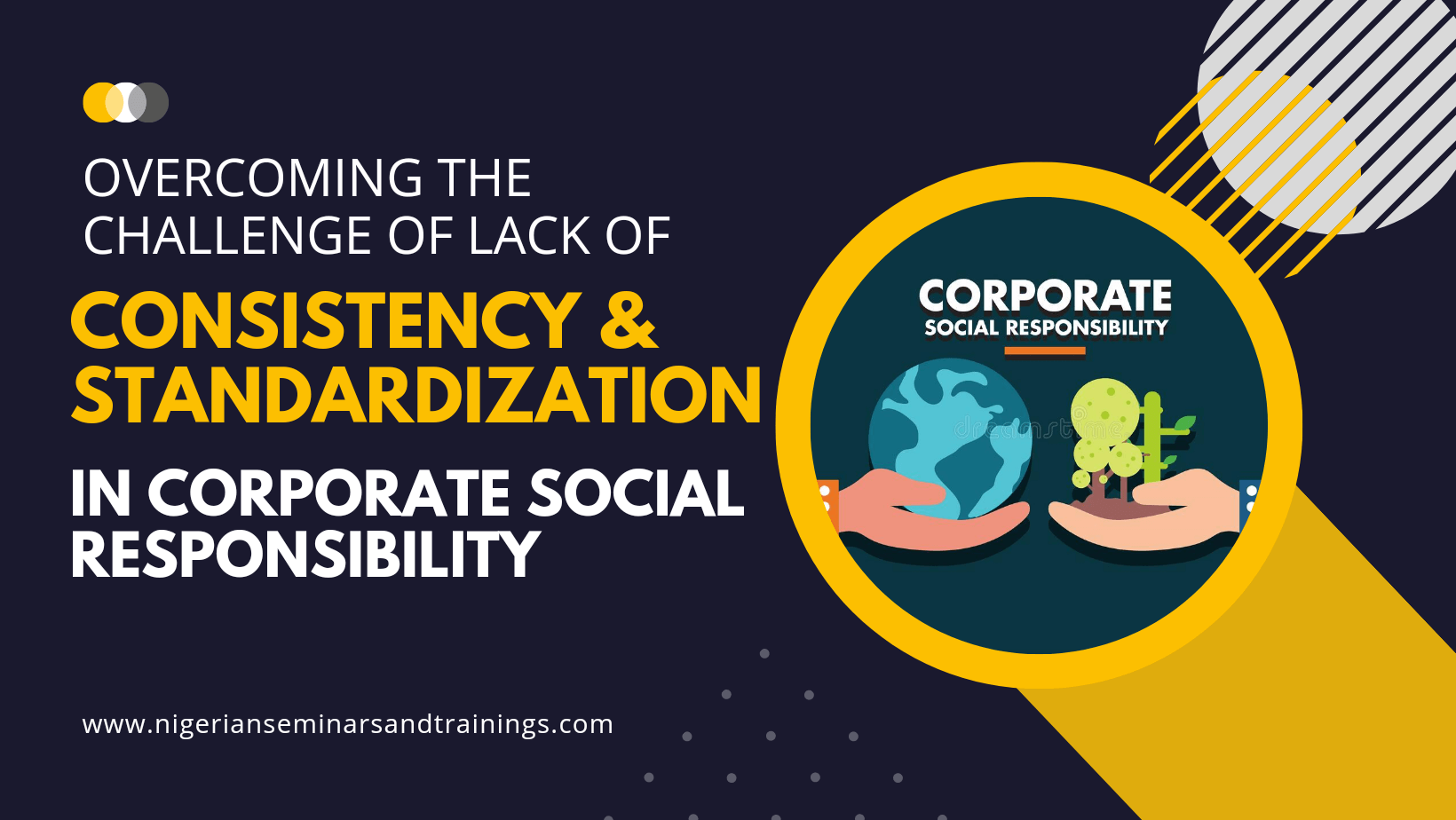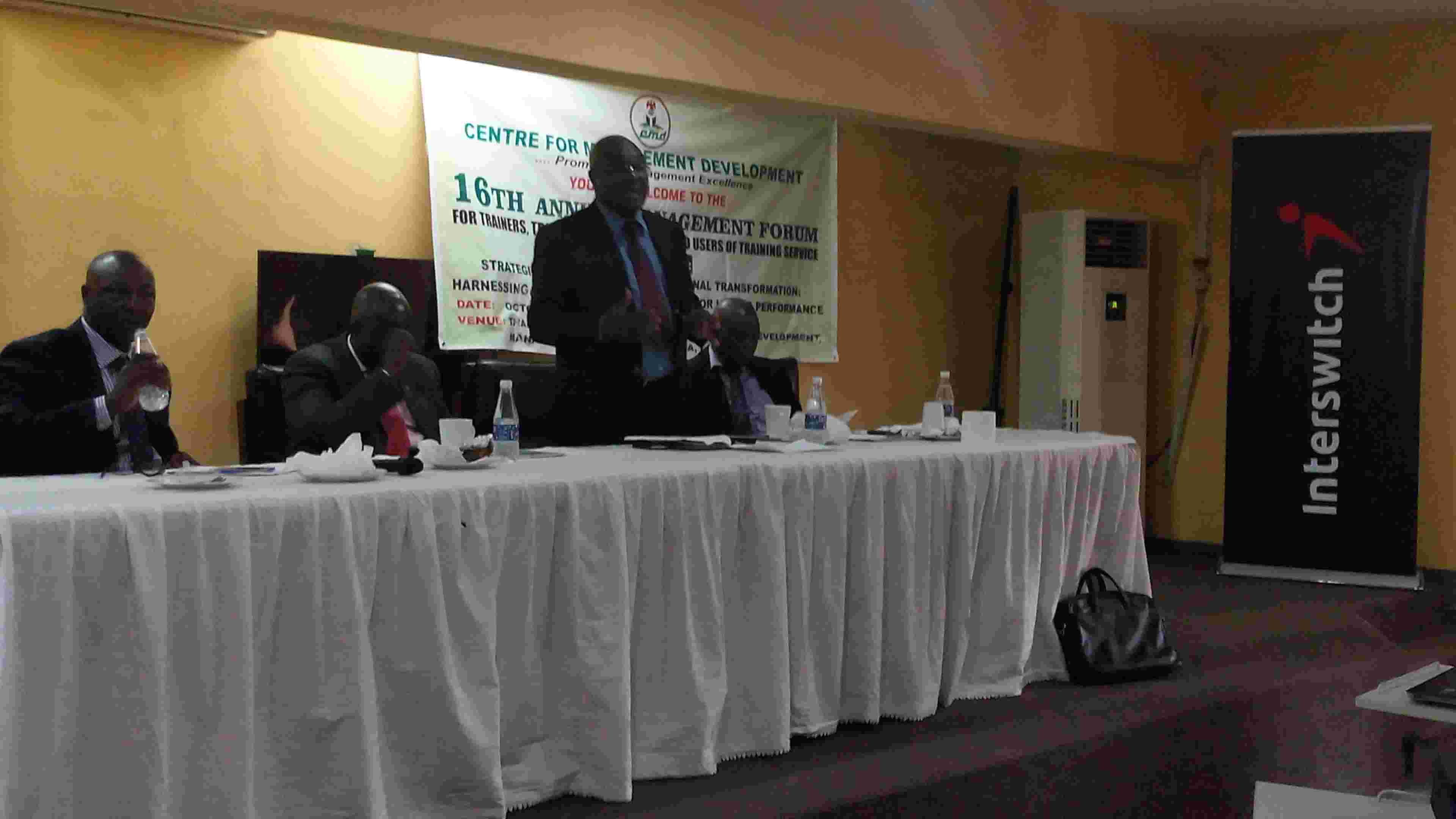Overcoming Inconsistency and lack of Standardization in Corporate Social Responsibility (CSR)

Corporate Social Responsibility (CSR) has become an increasingly important aspect of a company's strategy as consumers demand businesses to play a more active role in contributing to society. However, many companies find it a bit challenging to implement a successful strategy due to the lack of consistency and standardization in CSR practices. Every business approach CSR differently, making it difficult for companies to compare their efforts with others, and this can lead to confusion and inconsistencies in communicating CSR results. To overcome this challenge, companies need to understand the importance of CSR metrics, the need to interact with stakeholders, and the imperative of aligning their efforts with the needs of their stakeholders.
This blog post provides valuable insights into how companies can overcome the challenge of lack of consistency and standardization in CSR and achieve success in their CSR initiatives. Get ready to transform your company's approach to CSR and make a positive impact on society!
Leveraging the Power of CSR Metrics
CSR metrics are crucial tools for monitoring the development and success of CSR initiatives. Companies should choose metrics relevant to their sector and align with their objectives. These metrics will allow companies to gauge the effectiveness of their efforts over time and make any necessary adjustments. Some examples of CSR metrics include:
- Carbon footprint
- Employee satisfaction and engagement
- Diversity and inclusion
- Community involvement
- Supply chain sustainability
- Customer satisfaction
- Reputation and brand value
The Importance of Stakeholder Engagement
In addition to using CSR metrics, businesses should engage with stakeholders such as employees, clients, and community members to understand their expectations and preferences. This interaction will assist companies in better aligning their corporate social responsibility efforts with the stakeholders' needs and increasing the desired impact. Generally, robust stakeholder engagement helps companies develop a meaningful and sustainable CSR strategy.
The Role of Effective Communication
Effective communication is crucial in building trust and credibility with stakeholders, demonstrating a company's commitment to CSR, and ensuring that the company's efforts are having the desired impact. Effective communications can also serve as a powerful tool for differentiation and branding.
In conclusion, the value of CSR in today's business environment cannot be overstated. Companies that invest in developing a successful and consistent CSR strategy benefit society as well as themselves by establishing a positive reputation, cultivating a supportive stakeholder base, and distinguishing themselves from competitors. Businesses can ensure the impact and sustainability of their CSR initiatives by leveraging the power of CSR metrics, stakeholder engagement, and effective communication.
Follow this link to find courses that will help you stay ahead of the game and gain a competitive edge by learning how to overcome the challenge of consistency and standardization in CSR.
Let's keep the conversation going! Drop your thoughts in the conversation box below. Is there a way we can help you specifically? Reach out to us through the “contact us” button and we will be in touch A.S.A.P.






0 Comments